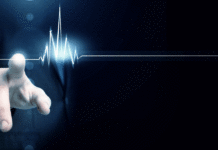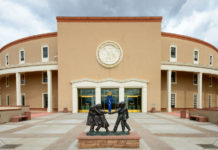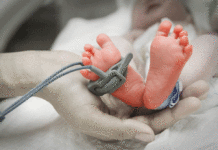As with any mental health disorder, drug addiction treatment varies widely from person to person. Because drug addiction effects so many areas of a patient’s life, multiple forms of treatment may be required. For some, however, a mix of both individual and group therapy is usually best. Treatment options that address both a person’s emotional state and any other co-existing issues can lead to long term recovery.
In a drug addiction treatment center, a program of individual therapy will be administered. This involves the patient and a counselor working individually to address issues that affect his or her mental health and emotional well-being. Often, this type of therapy involves a change of lifestyle for the patient, such as quitting drugs for good or being more conscious about the way they behave when they are not under the influence. The goal is to create a situation where the patient is no longer able to obtain drugs, but is now able to make better decisions for their health and mental well-being.
Drug addiction treatments are also often accompanied by group therapy. In a group setting, the treatment plan works in conjunction with other programs to achieve the highest possible level of success. While each person in the group will likely have their own unique problem, the group will have an opportunity to share common goals and work toward a common end. In addition to the individual therapies, the group sessions will involve several other treatments, such as group exercise, group counseling and support groups. While these therapies are not the only form of treatment, they are very effective in aiding in the successful completion of the treatment plan.











